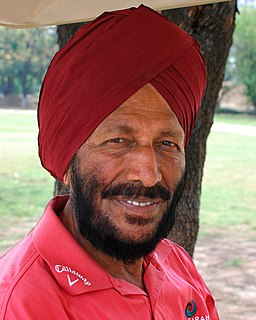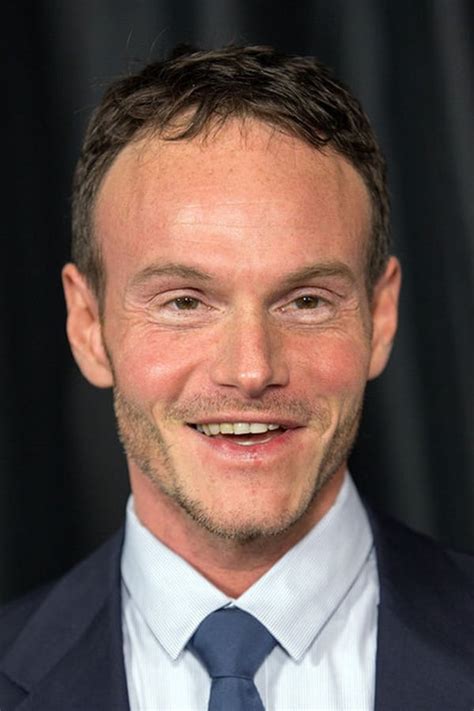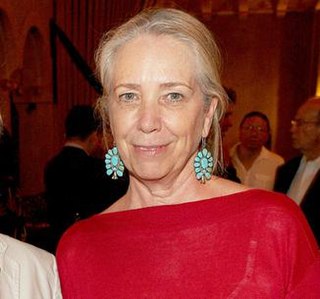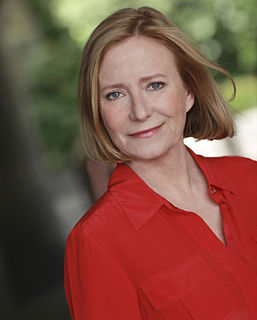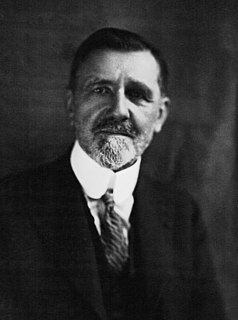A Quote by Paul Auster
How can you think about the world without factoring in the unforseen, the fluke event?
Related Quotes
The lancet fluke (Dicrocoelium) infects the brain of ants by taking control and driving them to climb to the top of a blade of grass where they can be eaten by a cow. The ingested fluke then lays eggs in the cow gut. Eventually, the eggs exit the cow, and hungry snails eat the dung (and fluke eggs). The fluke enters the snail's digestive gland and gets excreted in sticky slime full of a seething mass of flukes to be drunk by ants as a source of moisture.
If children are given some real content, they can feel powerful with their own understanding of it. I think a movie like 'Indian in the Cupboard' will instruct them how to proceed as people. They can think about whether they would have done something the way a character did, how they would have felt about an event in the story.
Our thoughts about an event can have a dramatic effect on how we go through the event itself. When our expectations are low, it's easy to be pleasantly surprised. When they're not, we're vulnerable to painful disappointment. Because of this, many people spend a good deal of effort trying to avoid developing high hopes about anything.
Surely the memory of an event cannot pass for the event itself. Nor can the anticipation. There is something exceptional, unique, about the present event, which the previous, or the coming do not have. There is livingness about it, an actuality; it stands out as if illumined. There is the "stamp of reality" on the actual, which the past and future do not have.






